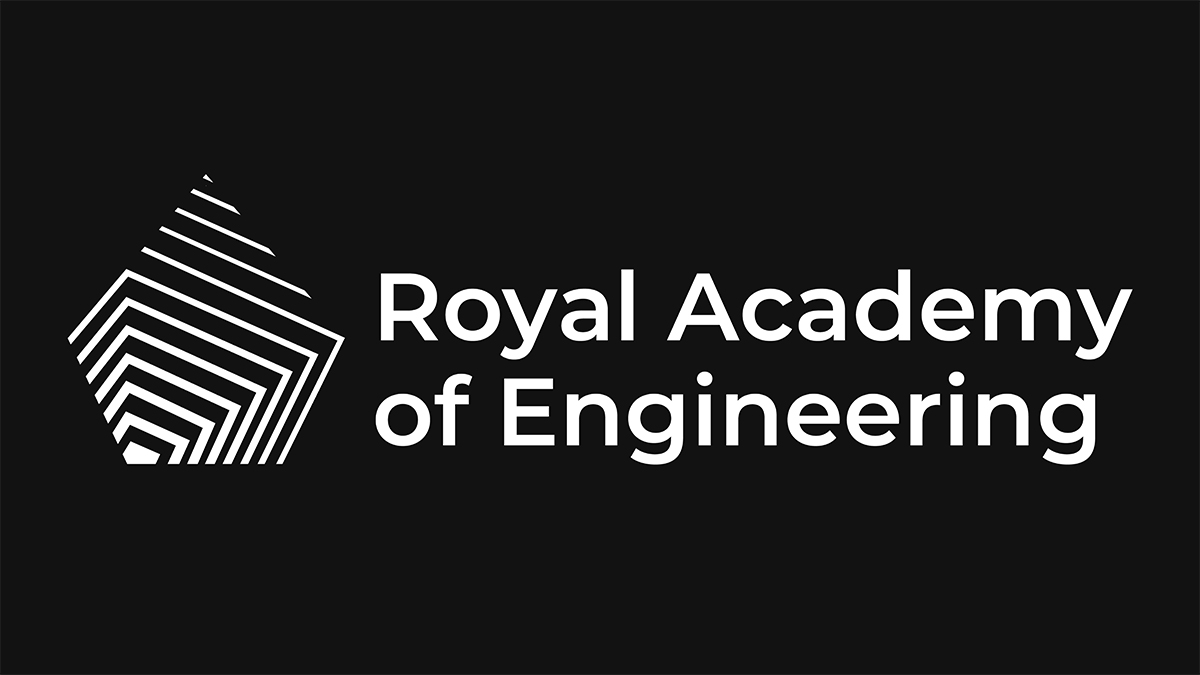Published:

A research partnership at Heriot-Watt University that could transform the cost and quality of 3D printing of metals is to be supported by the Royal Academy of Engineering.
The charity, which advances and promotes excellence in engineering, has awarded a prestigious Research Chair to Professor Andrew Moore, a photonics and optical systems expert from the University’s School of Engineering and Physical Sciences based in Edinburgh.
The Renishaw / Royal Academy of Engineering Research Chair in Next-generation Additive Manufacturing of Metals is a £2.1M programme that also involves support from the engineering and scientific technology company Renishaw plc and Heriot-Watt University.
We hope this will lead to the potential for new material development and light-weight structures in high-value and mass-produced goods.
Professor Moore has been collaborating with Renishaw since 2006, when the company formed a strategic alliance with Heriot-Watt focused on industrial measurement technologies and laser manufacturing.
The new Research Chair will focus on identifying temperature fluctuations during the 3D printing process that can sometimes lead to build defects. With detailed modelling the aim is to expand capabilities for ever more challenging geometries and materials.
Professor Moore explained: “When lasers heat the metal in order to melt it and to build the 3D part layer by layer, there can be huge variations in the amount of heat that accumulates in different regions, due to the shape of the part. This can cause defects, such as porosity or cracks or large distortions due to very high residual stresses.
“This project will look at how to plan the 3D printing process to avoid these excessive temperature changes and defects they produce.”
While 3D printing originally evolved principally to rapidly create protypes of products that were imperfect and still needed refining, additive manufacturing of metals is now being used by companies to manufacture final products, which need to be defect-free, Professor Moore said.
Manufacturers in industries including automotive, aerospace and healthcare were driving demand for this, he added.
It’s hoped that this new research partnership will enable manufacturers to print safety-critical, service-quality parts in metal directly from a digital file without wasteful experimentation first.
“Experimental build development will be replaced by adaptive process settings, which are decided before and during the build process, to control temperature fluctuations,” Professor Moore said.
“We hope this will lead to the potential for new material development and light-weight structures in high-value and mass-produced goods. Manufacturers using 3D printing of metals will also be able to reduce their carbon footprint and make more sustainable use of natural resources.”
The Royal Academy of Engineering’s Research Chairs and Senior Research Fellowships enhance the links between academia and businesses, with each prestigious five-year position co-sponsored by an industrial partner. Each awardee will establish a world-leading research group in their engineering field.